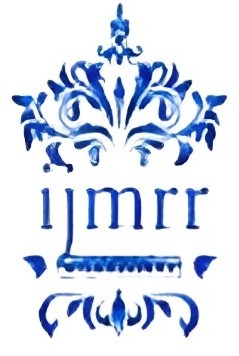ALL UPGRAD
Keywords:
Shiak Naheed, Syed Aijaz Ali Hashmi, Rizwan KhanAbstract
The extensive use of huge artificial intelligence (AI) models like ChatGPT has resulted in a
growing interest in AI-generated content (AIGC), which is causing a significant change in how material is
created and information is represented. AIGC utilizes advanced generative AI algorithms to aid or supplant
human involvement in producing extensive, top-notch, and lifelike material at an accelerated rate and reduced
expense, relying on prompts offered by users. Although there has been notable advancement in AIGC, there are
still unresolved issues pertaining to security, privacy, ethics, and legality that need attention. This article
provides a comprehensive examination of the operational principles, security and privacy risks, cutting-edge
solutions, and forthcoming obstacles of the AIGC paradigm. More precisely, we first examine the technologies
that make AIGC possible, the overall structure of AIGC, then delve into its operational modes and essential
features. Next, we examine the classification of security and privacy risks to AIGC and emphasize the ethical
and social consequences of GPT and AIGC technologies. In addition, we examine the most advanced AIGC
watermarking methods for controllable AIGC systems, specifically focusing on the AIGC model and the
material it generates. Ultimately, we pinpoint forthcoming obstacles and emerging areas of study that are
connected to AIGC.











